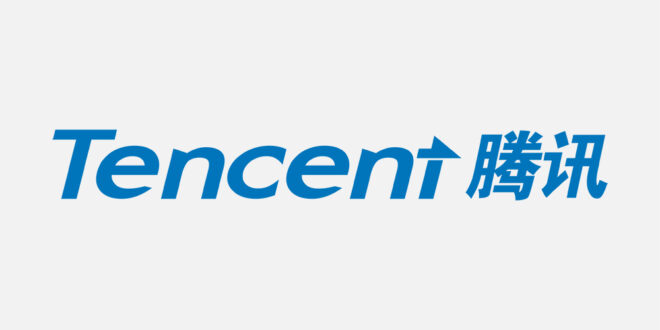Tencent, the Chinese games and social media giant, revealed a more than 50% drop in profits for the three months to June 2022, the second quarter of its financial year. The figures were affected by a slowing economy in China, an operating environment made harder by regulatory changes and a slowdown in video games as users adjusted to post-pandemic activity.
Net profits for the quarter weighed in at RMB19.2 billion ($2.83 billion), which represented a 55% slump compared with the same quarter in 2021, and down 19% compared with the first quarter of the current year. Revenues were RMB134 billion ($19.8 billion), down 3% year of year and down 1% quarter on quarter.
Over six months, revenues were down just 1% at RMB270 million ($39.8 billion). But net profits were RMB43 billion ($6.34 billion), a 53% fall.
“During the second quarter, we actively exited non-core businesses, tightened our marketing spending, and trimmed operating expenses, enabling us to sequentially increase our non-IFRS earnings, despite difficult revenue conditions,” said Pony Ma, Tencent’s chairman and CEO. “Looking forward, we will focus on enhancing the efficiency of our businesses and launching new revenue initiatives, including in-feed advertisements in our popular video accounts, while continuing to drive innovation through R&D. We generate approximately half of our revenues from fintech and business services as well as online advertising that directly contribute to, and benefit from, overall economic activity, which should position us for revenue growth as China’s economy expands.”
China’s slowing economy and the sporadic resurgence of COVID both mean that consumers spent less, denting growth of Tencent’s important commercial payments activity in the second quarter.
Paying subscriber numbers across music, games and video increased by 2% to 235 million at the end of June. For Tencent Video, China’s largest long-form video streaming platform, subscription numbers were 122 million, down from 124 million at the end of March.
The group is the world’s largest games company in terms of revenue. Within China the sector had been held by government intervention that slowed new game launches and limited user time.
“The domestic [Chinese] game industry is facing transitional challenges including fewer big game releases, lower user spending and measures to protect minors,” the company said in its regulatory filing, published Wednesday. “Honour of Kings” and “Peacekeeper Elite” were the top two highest-ranked games by total time spent across the industry. Each increased their total time spent by adult users year-on-year. New releases included “Fight of The Golden Spatula” and “Arena Breakout.”
The international games market experienced “a post-pandemic digestion period” as players resume offline activities,” the company said. For the future, it pointed to recent success of Riot Games’ Valorant title, the acquisition of “Subway Surfers” developer SYBO and the launch of “V Rising” by Swedish subsidiary Stunlock.
On the earnings call, Ma said that he thought the regulatory approach to the so-called platform economy companies has stabilized, but that recent measures would “take time to play out.”
The management denied recent media reports that it is planning to sell a major portion of its 176% share stake in Meituan, a leading player in Chinese local services and delivery.



